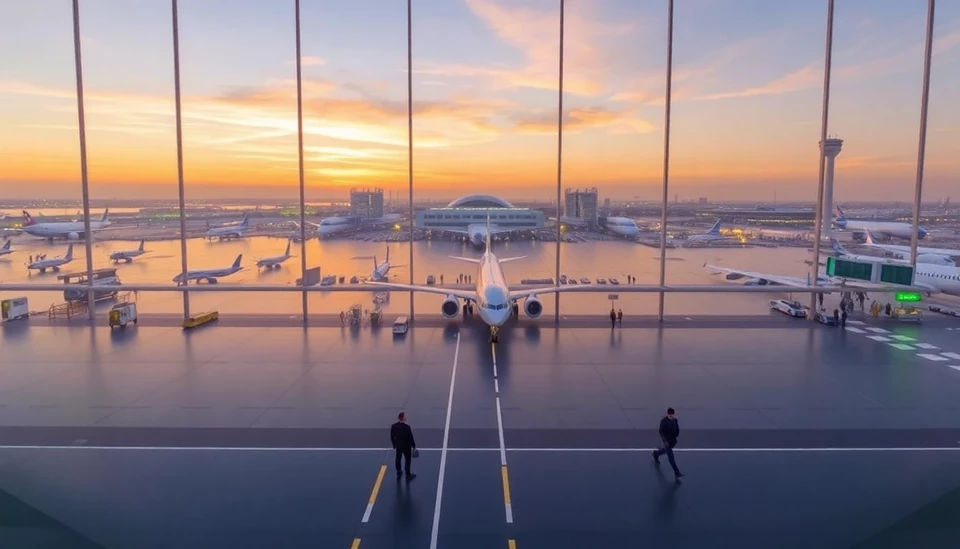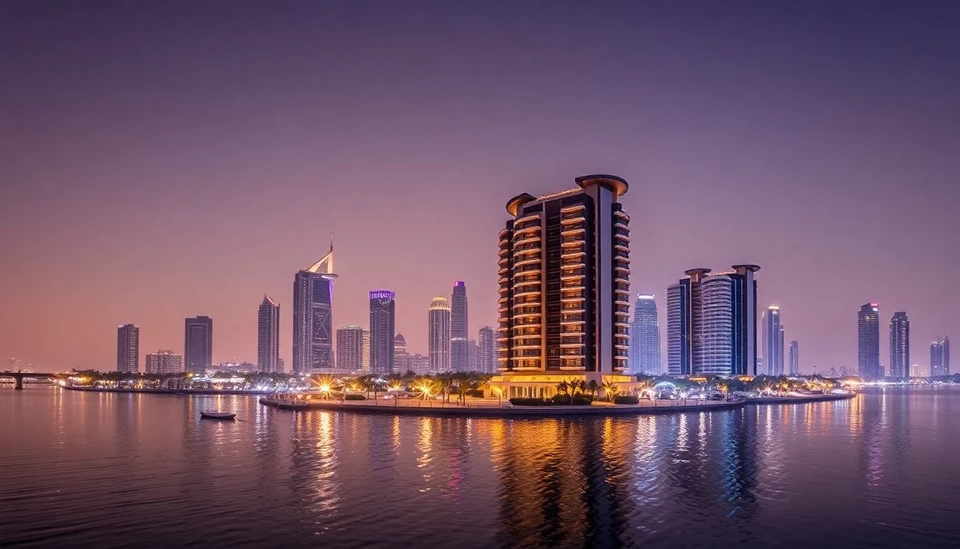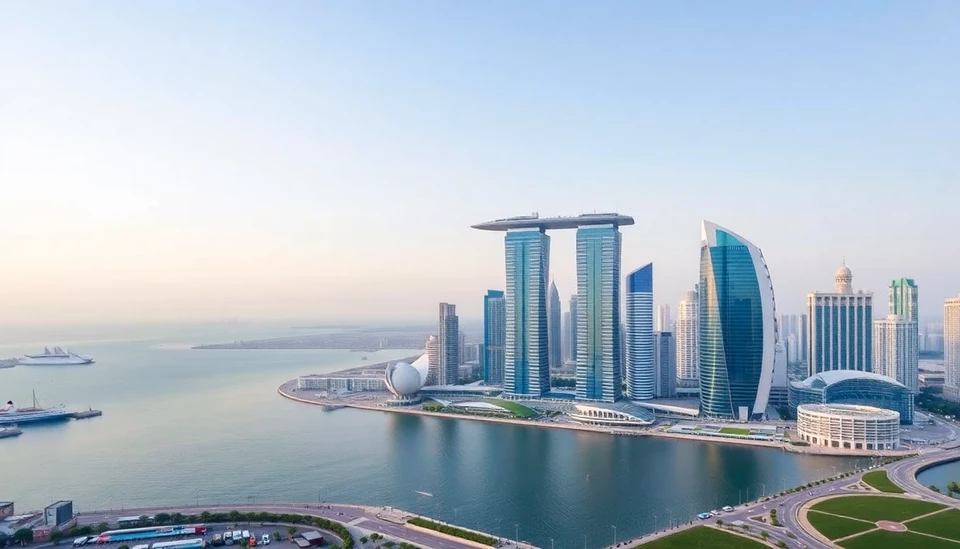
Recent data has unveiled the latest rankings of the world's busiest airports, with Dubai International Airport maintaining its position as the leader in global air travel for 2025. London Heathrow and Seoul Incheon closely follow, marking a continuation of their status as major travel hubs. This report provides insights into how these cities are shaping the future of air travel and what tourists and business travelers can expect.
According to the report released on April 14, 2025, Dubai International Airport (DXB) recorded the highest passenger traffic, solidifying its reputation as a central gateway linking East and West. The facility welcomed over 90 million passengers throughout the year, a testament to its strategic location and extensive flight connections.
Heathrow Airport in London has also seen a remarkable boost in traffic, sitting solidly in second place with about 75 million passengers. As Europe’s busiest airport, Heathrow has managed to recover from pandemic-related downturns, adapting to increased demand and ensuring a high level of service for travelers.
Third on the list, Seoul Incheon International Airport continued to enhance its appeal with innovative passenger services and a seamless transfer experience, attracting an estimated 68 million travelers. Incheon has consistently excelled in rankings due to its exceptional convenience and efficiency, offering top-notch amenities that cater to both leisure and business travelers.
The rankings illustrate a broader trend in global air travel recovery, as nations open their borders and passenger confidence rebounds. Airports worldwide are implementing new technologies and sanitization protocols to ensure safety, which has played a critical role in reinstating air travel confidence.
Interestingly, other airports making the top ten list include Singapore Changi, Tokyo Haneda, and Los Angeles International Airport, all of which have expanded their capacities and improved passenger experiences to accommodate growing visitor numbers. The competition among these global hubs underscores the importance of innovation and service excellence in the aviation sector.
As cities strive to bolster their tourism and business sectors, the emphasis remains on enhancing travel efficiency and customer satisfaction. Improved connectivity and the launch of new routes are anticipated, which will likely shape future rankings in the coming years.
Travelers should keep an eye on these developments, as airports put substantial resources into infrastructure and services designed to improve the overall travel experience. From advanced boarding processes to improved luggage handling, innovations will play a transformative role as we move further into the decade.
The implications of these rankings extend beyond just numbers; they reflect growing economies and interconnected global communities. As air travel continues to evolve, the world watches closely to see how airports will adapt and emerge in this new era of aviation.
In conclusion, the future of air travel looks promising, with top airports leading the charge in delivering exceptional service, safety, and efficiency to millions. As we embrace the increasing flow of international travel, the resilience of these transportation hubs stands out as a beacon of hope for a revitalized global travel experience.
#Dubai #Heathrow #Incheon #Airports #Travel #AirTravel #GlobalConnectivity #AviationIndustry
Author: Samuel Brooks




